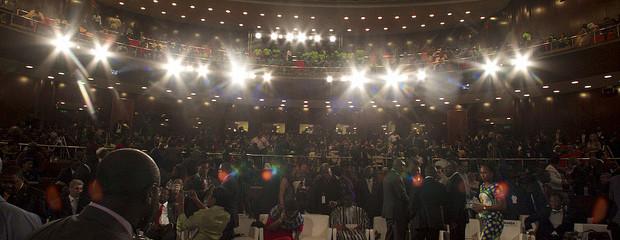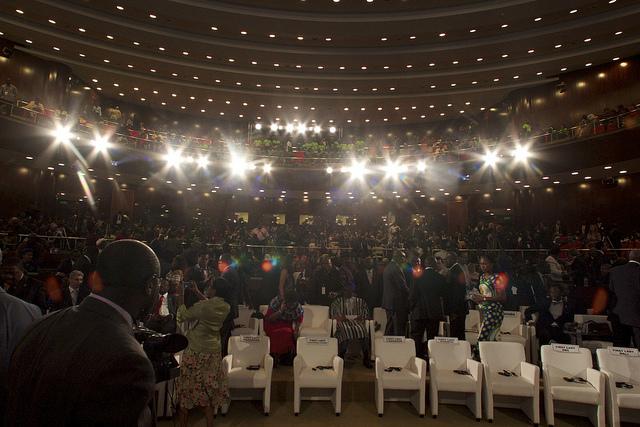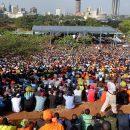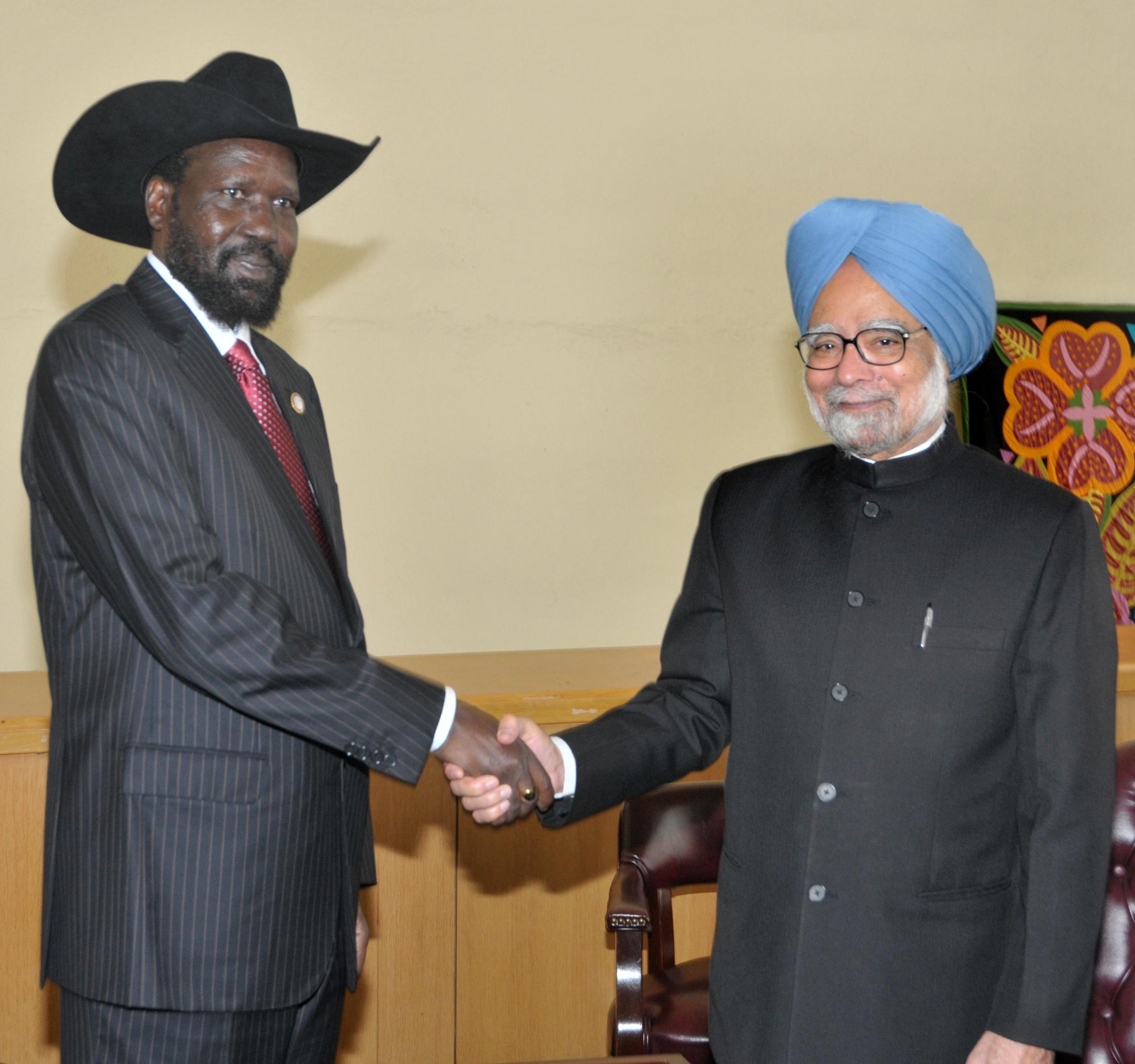African Political Thought, Part 10: intellectual currents and philosophy today

Welcome to Part 10 of our ten-part ten-minute lecture series on African Political Thought, brought to you by Stephen Chan, Professor of World Politics at the School of Oriental & African Studies (SOAS). Each week, a short reading list will be published alongside the lecture. Viewers are also encouraged to pose questions they have for Chan in the comments section below.
If you’d like to get an update when new episodes go up, please send an email with subject line “APT” to [email protected] and you’ll be notified when new lectures are posted.
In this episode, we look at:
African intellectual currents and philosophy today: going it alone vs integration with a hegemonic world; Africa and the ICC, Africa and electronic globalisation; the thought of the outlawed commons.
For an audio-only version:
Reading list for Part 9 & 10
Samir Amin, Global History: A View from the South, Cape Town: Pambazuka, 2011.
Samir Amin, Eurocentrism, Cape Town: Pambazuka, 2011.
Samir Amin, Ending the Crisis of Capitalism or Ending Capitalism, Cape Town: Pambazuka, 2011.
Previous episodes
- Part 1: Antecedents: race and romanticism in Africa – from WEB du Bois to the Manchester Conference to Senghor’s “˜negritude’.
- Part 2: The thought of liberation: Cabral and the Lusophonic thinkers; the “˜pacific’ counterpoint of Kaunda.
- Part 3: The New African Man: the political thought of transformation – Kaunda, Nyerere, Obote, Nkrumah.
- Part 4: The degeneration into “˜Big Men’: case studies of Mobutu and Banda; the critique of Mbembe.
- Part 5: The coup “˜artists’ and the new nationalisms-on-command: from Gowon to Rawlings; the contrasts between Sankara and Amin; the contrasts and similarities between Obasanjo and Abacha.
- Part 6: The old liberationists and their reassertion in new nationalisms: Mugabe’s political thought.
- Part 7: Africa in the world: Mbeki’s African Renaissance – nostalgia and the toleration of the carnivalesque; Ngugi’s linguistic chauvinism; Mandaza’s neo-Marxist retrospection.
- Part 8: The call for democracy: the critique of Soyinka; new constitutionalisms and the looking eastwards to China, Singapore and Malaysia; the model of Russian democracy.
- Part 9: Yvonne Vera’s novel of trauma after liberation, gender equality and other equalities in constitution-building for nation-building.







